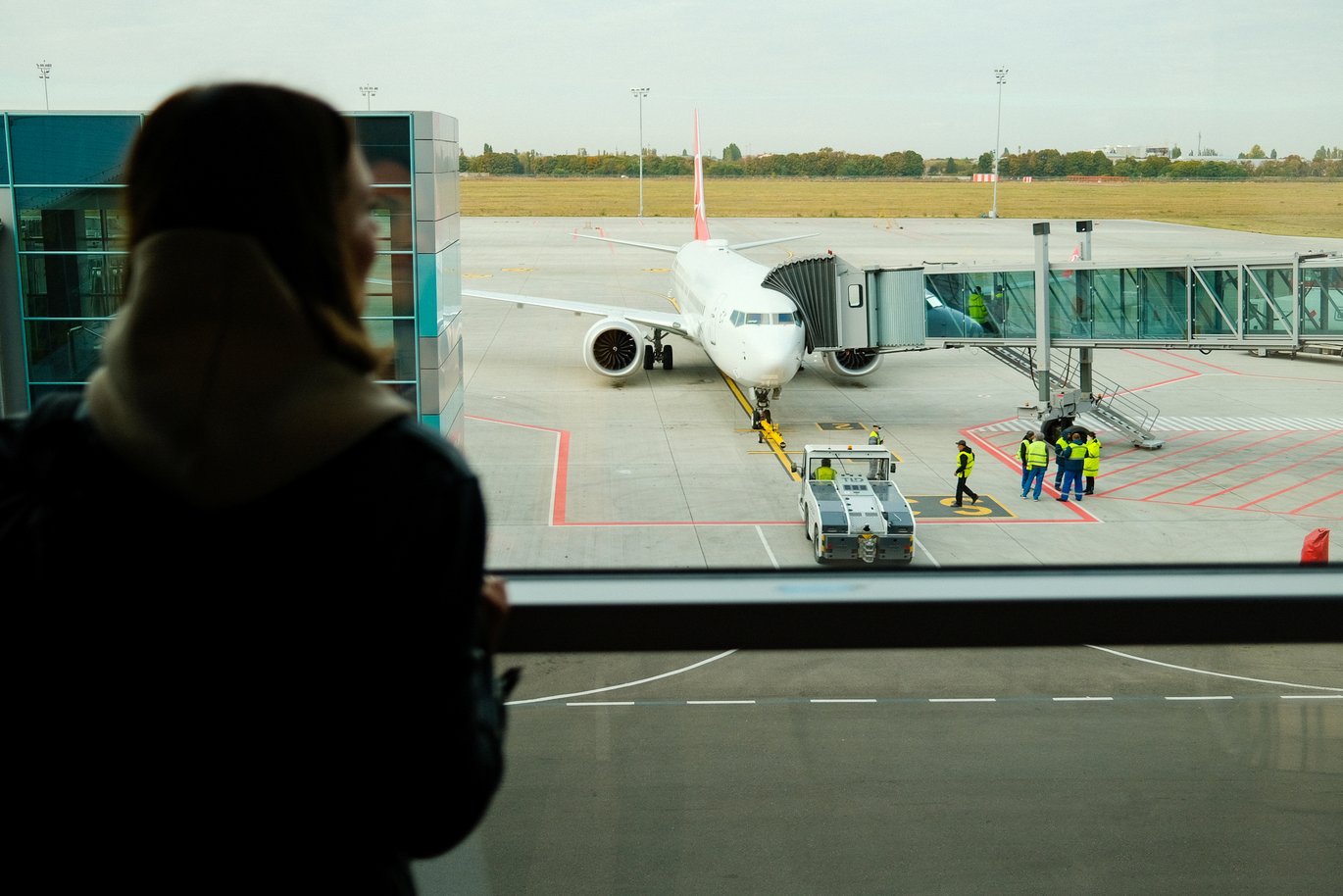Applying for a US exchange? Make sure your Instagram isn’t private
In the future, students applying for exchange in the US must make their social media accounts public, so that American authorities can use it for background checks. Every visa adjudication is a national security decision, the U.S. State Department writes.

There are many rules and procedures to keep track of when applying for exchange at a university – and if you're heading to a US university, there's now one more thing to be aware of.
In the future, your social media accounts, which for many are set to be private, must be kept public if you apply for a visa as a student or exchange student. The U.S. Department of State stated this in a press release 18 June, and the US Embassy in Denmark has recently updated its website with the information.
“Effective immediately, all individuals applying for an F, M, or J nonimmigrant visa are requested to adjust the privacy settings on all of their social media accounts to ‘public’ to facilitate vetting necessary to establish their identity and admissibility to the United States under U.S. law,” the embassy’s website reads.
F, M, and J are the types of visas that apply specifically to students. The U.S. Department of State elaborates on the new rule:
“Every visa adjudication is a national security decision. The United States must be vigilant during the visa issuance process to ensure that those applying for admission into the United States do not intend to harm Americans and our national interests, and that all applicants credibly establish their eligibility for the visa sought, including that they intend to engage in activities consistent with the terms for their admission,” the ministry writes in the press release.
FEW AU STUDENTS HAVE CANCELLED EXCHANGE IN THE USA
42 AU students will be travelling to the US in autumn 2025 and spring 2026, which is roughly the same as in previous years, said Rikke Nielsen, International Director at AU, in May.
At the time, she said that due to uncertainty about entry into the country and the political situation, few students had chosen to cancel their exchange in the United States.
Since March, there have been stories about travellers, including a French researcher, who have been turned away at the airport in the United States. In the French researcher's case, immigration officers checked his phone and found Trump-critical messages on it.
So far, however, no new rules have been introduced. U.S. authorities have always been able to ask to check travellers' phones. But with the new announcement that exchange students must keep their social media open to the public, a new rule has been introduced.
Speaking to radio programme P1 Morgen on 27 June, an anonymous student from the University of Copenhagen said he is now reconsidering what he has liked on social media platforms such as Facebook, Instagram and X. The uncertainty stems from not knowing what US authorities might find problematic, he explained.
It's more about not really knowing what the embassy looks into during the interview – the one you have to attend in order to get your visa. It mostly ends up being tall tales and bits of hearsay about what they might be able to check. The lack of clear guidelines create uncertainty," he says, among other things.
This text is machine translated and post-edited by Cecillia Jensen.

